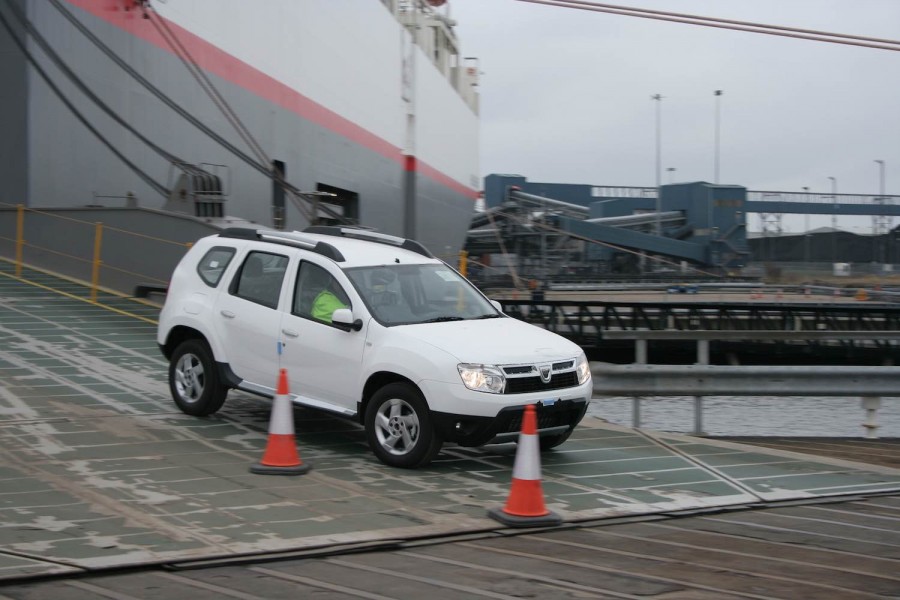Job losses in the Irish motor trade could top 12,000 next year if the Government doesn’t take measures to both ameliorate the impact of new vehicle taxes, and to put a curb on the constant tide of second hand imports from the UK.
The state of the Irish car industry
That’s the alarming warning coming from a report into the state of the Irish car industry, compiled by economist Jim Power on behalf of the Society of the Irish Motor Industry (SIMI). According to Power: “If the Government does not adjust vehicle registration tax (VRT) bands in Budget 2020 to take account of the WLTP changes, the average price of a new car could rise by at least €2,500. While the recently published Inter-Departmental Tax Strategy Group (TSG) paper on motor vehicle taxes makes a number of suggestions about taxation, this does not mean that these suggestions will eventually become part of Budget 2020. The price increase for the more popular mid-range model could rise by significantly more. In the current environment, such price increases would have a devastating impact on new car sales.”
Brexit and Trump
The report also warned that external threats, such as Brexit and indeed trade wars triggered by the Trump administration, could adversely hit the Irish car market even harder. “Based on the information available at the moment and the projections for the economy, the new car market could decline from 125,557 in 2018 to around 115,500 in 2019” said Power. “For 2020, based on a central scenario, new car sales could decline by over nine per cent to 105,000. Failure to adjust VRT bands, could see the new car market decline to 75,000. Such a decline would have a devastating impact on many businesses that barely survived the last recession; it would cost thousands of jobs in towns and cities around the country; and would have a very negative impact on the Exchequer revenues. The motor industry is in a high-risk scenario at the moment and policy makers need to be aware of the risks.”
Dwindling sales
Job losses have already begun to bite in Irish car importers, as car makers around the world are cutting costs in the face of dwindling sales (especially in China) and the huge investment costs needed to make the switch to electric and autonomous vehicles. BMW Group Ireland has already put a redundancy plan in pace, while Ford in Ireland is waiting to hear how it will be affected by redundancies across Ford of Europe.
